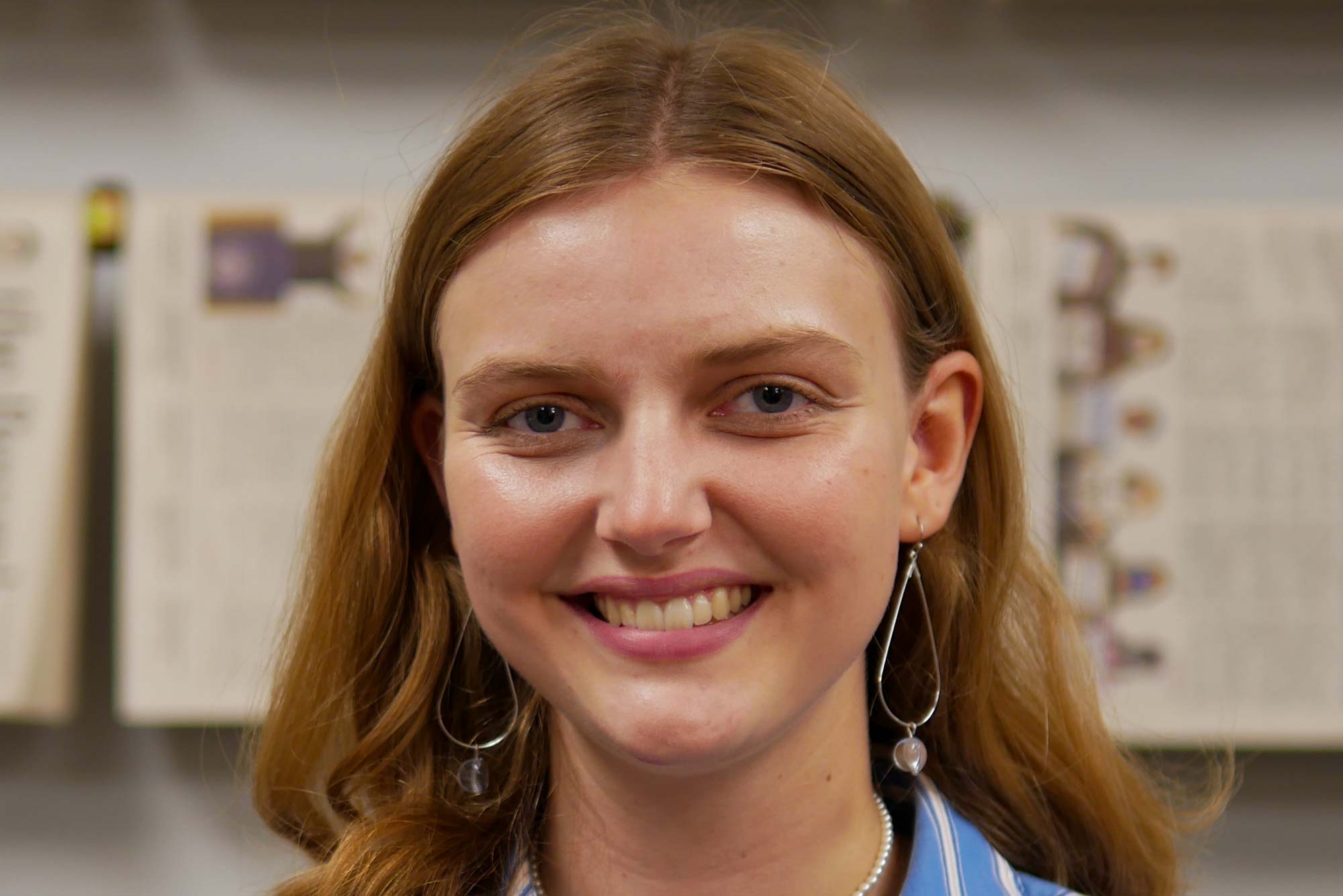Each article in The Record starts with a question. What does an unvaccinated person think about the required vaccine? What makes the cross country team so successful? Which building on campus is the most haunted? Who takes care of that garden behind Newcomer?
We then return to campus seeking answers. We talk to our professors, janitors, administrators, chefs, groundskeepers, community members and peers. We try to ask tough questions, and we try to defend our right to know the truth. We often fall short.In past semesters, we have received criticism from professors that our journalism isn’t “investigative” enough. These critics would probably be right. But I would argue that it is not for a lack of trying. For a bunch of students trying to juggle full-time course loads and extracurriculars, I think we are doing a pretty good job.
This semester we have been trying to push the administration on issues of sustainability. How can we claim to be a college that cares about the environment and is working proactively against climate change, when so much food is going to waste in the dining hall? Why isn’t our recycling working, even when people are doing most things right? Why have so many of our friends had their bikes stolen on campus, and it seems like nobody does anything?
We have yet to receive many answers, or hear of many solutions. We repeatedly hear from staff that “students should be doing more.” The students need to maintain the compost and the recycling. It seems like issues of sustainability aren’t concerns of the administration, not really.
Of course students should be doing a little more. Even the best of us can always do better. But, we don’t expect students to take out the trash or clean the floors or change the lightbulbs. Last year, when the dining hall only allowed food to-go, we didn’t ask students to provide their own food containers – an eco-friendly option was born.
If the AC breaks in the library, we don’t tell students that they should have known a little something about air conditioner maintenance. We don’t tell students that if they want to have drinkable water, they need to bring their own filtering systems. There are standards that are upheld on campus. There is infrastructure in place to keep everything running, clean and pleasant. And I wonder why, in 2021, with an impending climate apocalypse, issues of sustainability aren’t held to these same standards at GC. Goshen College, as an institution, cannot put all the responsibility for composting our food waste on students. This will inevitably lead to brain drain and slacking off during the busiest times of the year. With this model, composting will continue to be inconsistent and ineffective.
Goshen College needs to hire more employees who are trained in sustainability and focused on managing recycling. That way, reams of paper and hundreds of plastic coffee cups aren’t being dumped in the dumpster every single day.
And Goshen College needs to do a better job educating students. Sure, people aren’t rinsing their plastic coffee cups before recycling them. But every dirty coffee cup in the recycling signifies one more person who is trying to do the right thing. Let’s equip them with the knowledge to do it right.
It is time that sustainable waste management becomes a permanent part of the “infrastructure” of Goshen College. Whether we are sustainable or not can no longer be a choice we make based on the enthusiasm of any given student body – it needs to be a permanent part of who we are.




